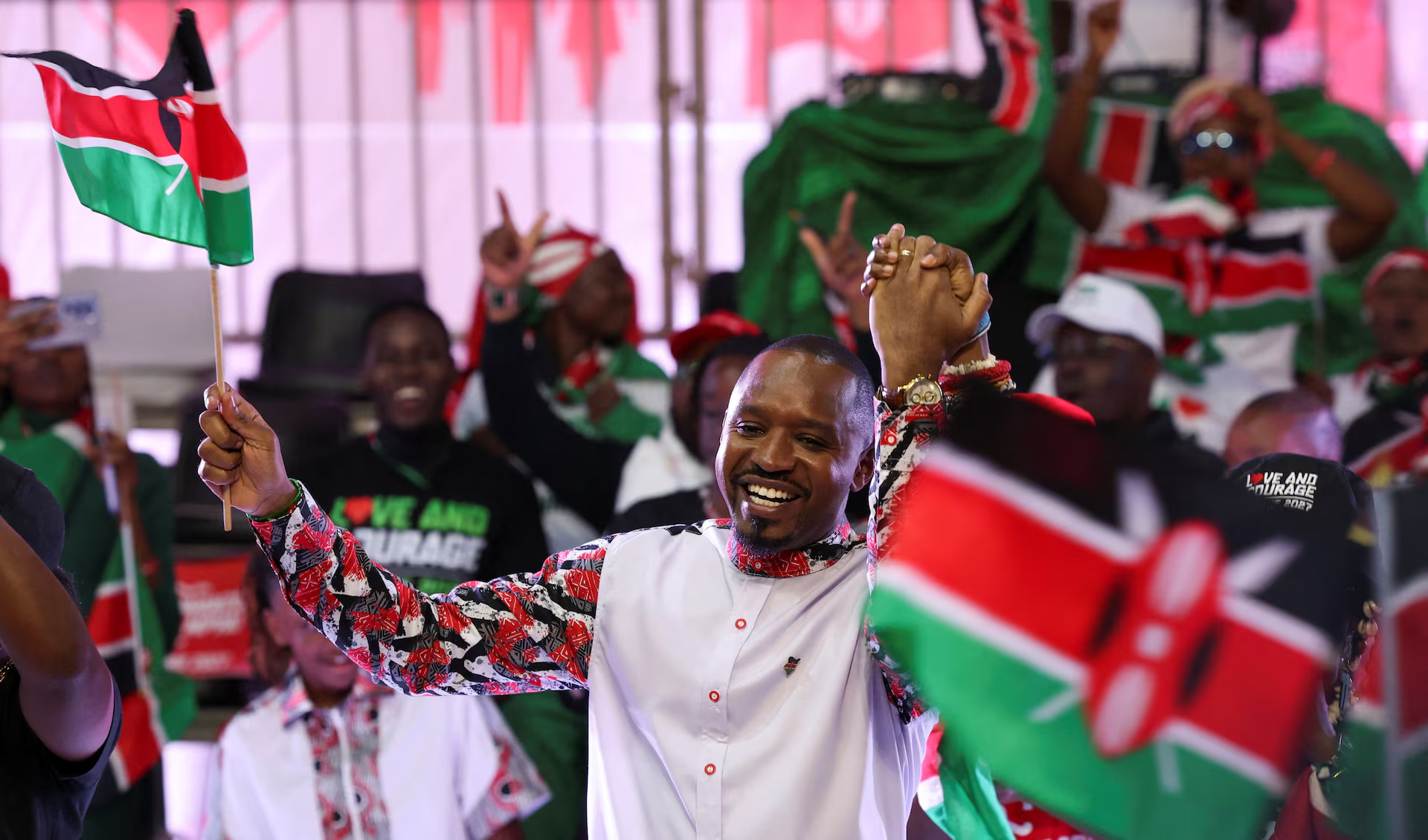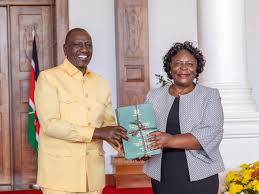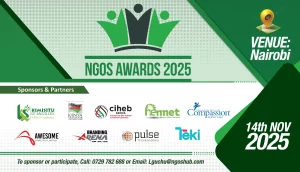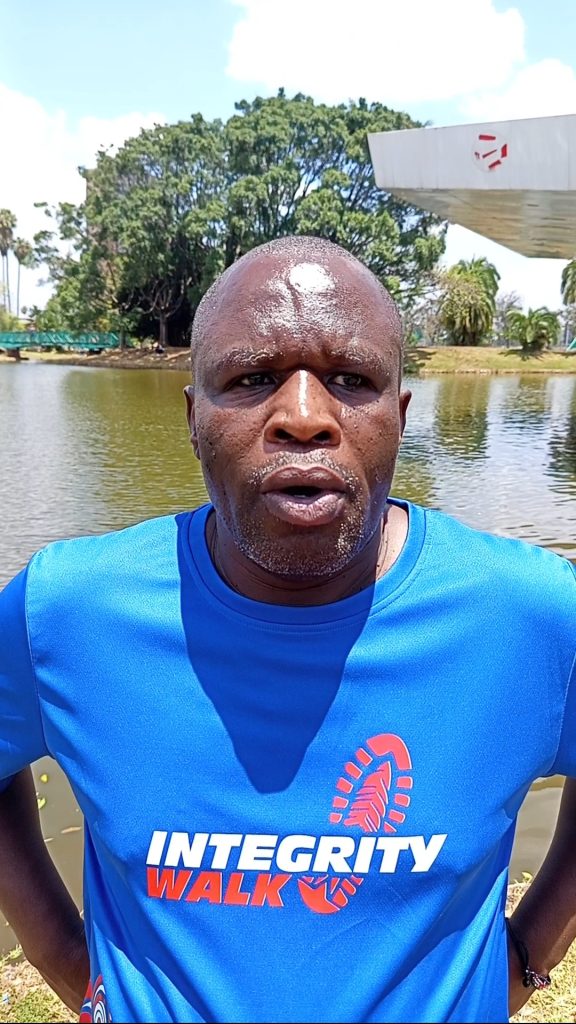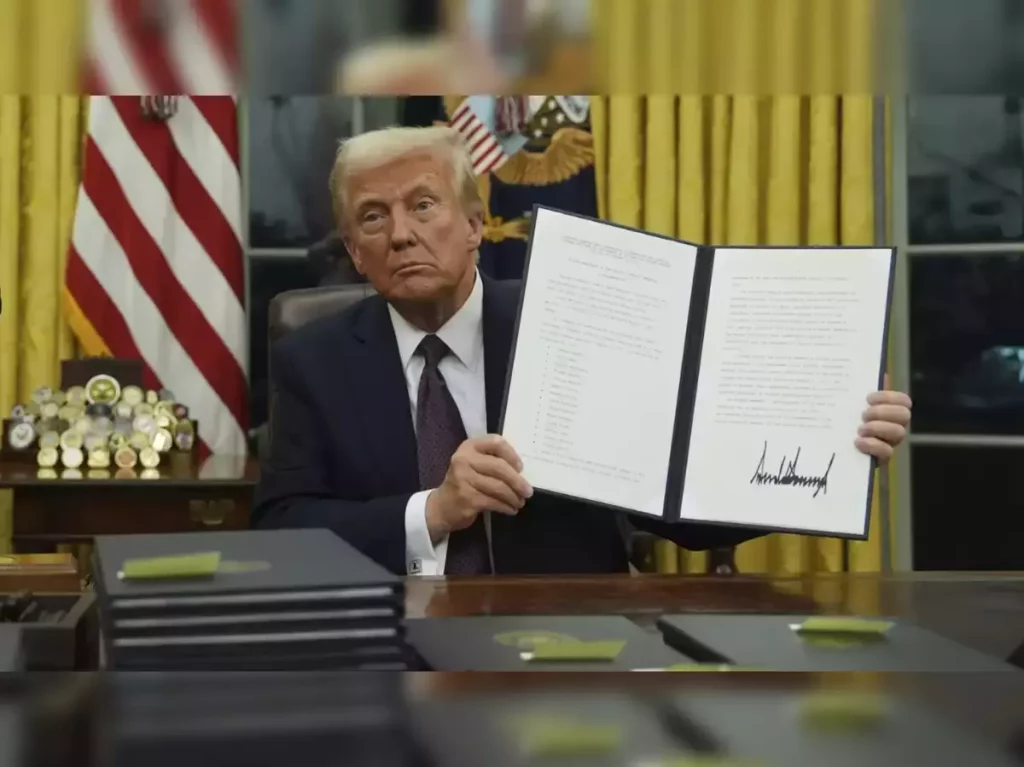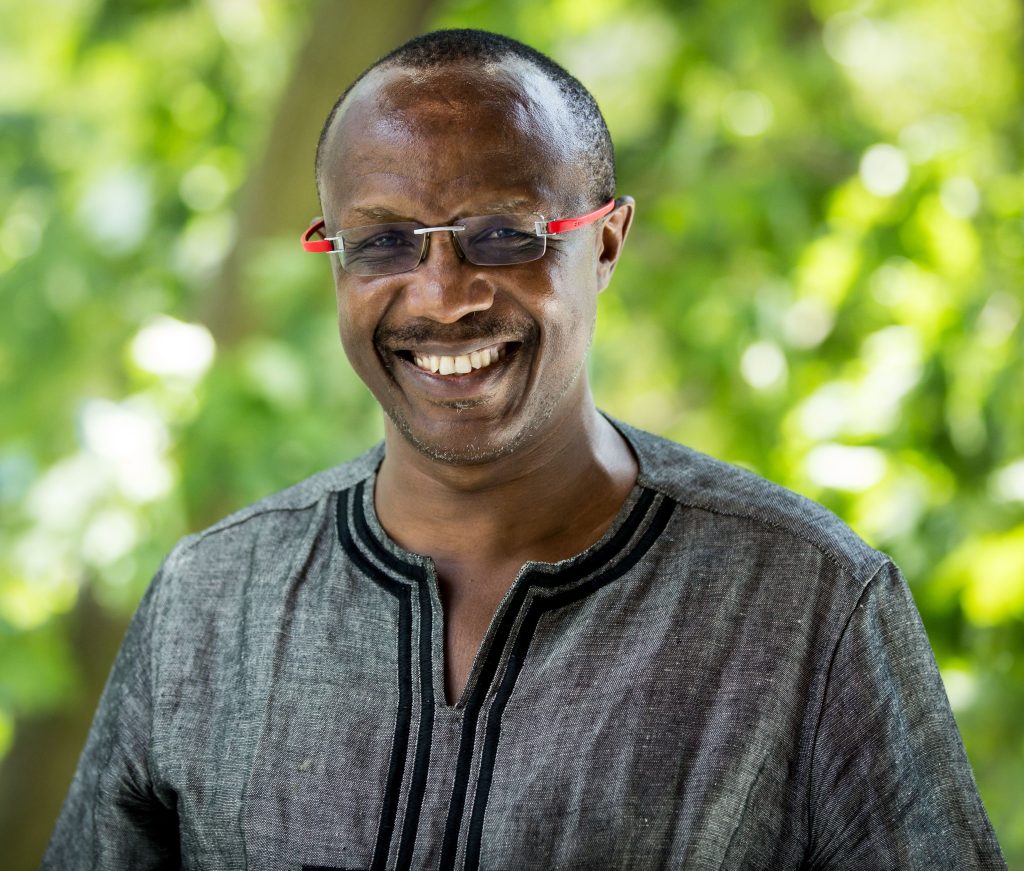Boniface Mwangi to Run for Kenya’s Presidency in 2027, Promising a ‘New Kenya’
By Wahome Ngatia
Nairobi, August 27, 2025 – Activist and photojournalist Boniface Mwangi, a compelling voice against corruption and human rights abuses, officially declared his intention to run for president in Kenya’s August 2027 election—a bold move cementing his transition from street protests to electoral ambitions.
Mwangi’s political journey began in 2017 when he vied for the Starehe parliamentary seat under his self-founded Ukweli Party. Though he lost that race, the campaign underscored his commitment to systemic change and demonstrated the potential of grassroots activism reaching political institutions.
Back then, Mbangi was already renowned for daring tactics—such as driving blood-stained pigs past parliament to protest bloated lawmaker salaries—and for leveraging art and media as tools of accountability, through platforms like Pawa254 and photo exhibitions like Picha Mtaani.
His stint covering the 2007 post-election violence as a photojournalist catalyzed his shift into activism—a journey marked by empathy, trauma, and determination.
Fast forward to August 27, Mwangi unveiled his presidential bid during Katiba Day celebrations at Ufungamano House in Nairobi—a symbolic venue associated with Kenya’s constitutional aspirations. Dressed in red, green, and white, supporters echoed his rallying cry: “Upendo na ujasiri” (“Love and courage”).
His speech was rooted in inclusivity and constitutional renewal. “The future of our country is in our hands. No one else,” he declared, invoking the 2010 Constitution as a “baby” betrayed by its custodians—and pledging to nurture it toward thriving democratic maturity.
He also honoured the memory of young Kenyans who perished in the Gen-Z protests as “martyrs for change,” vowing to honour their sacrifices.
During the announcement, Mwangi sharply criticized the country’s leadership: “Our leadership has failed us in numerous ways. You pay taxes expecting service, or you’re supposed to pay bribes to get that same service… So as we stand here, our country must be taken back into our hands”.
His decision comes amid mounting personal challenges. In July, a Nairobi court charged him with unlawful possession of ammunition—three teargas canisters and a blank round—allegedly linked to the protests earlier this year. Mwangi pleaded not guilty and slammed the arrest as politically motivated.
Earlier, in May, he was deported from Tanzania after attending the treason trial of opposition figure Tundu Lissu; he later claimed he and a Ugandan colleague endured torture during their detention.
His candidacy poses a critical test: whether Kenya’s youthful, protest-worn civil society can convert street momentum into electoral change. With incumbents and establishment contenders—including President William Ruto, Senator Okiya Omtatah, and former Chief Justice David Maraga—also eyeing the presidency, Mwangi aims to disrupt the political status quo with a vision anchored in justice, equity, and democratic renewal.
For the civil-society audience, Mwangi’s move signals a pivotal shift. His campaign embodies the tension between protest and policy influence—offering a test case of whether civic-led activism can reshape Kenya’s leadership landscape from within.
The high court sides with civil society organizations to nullify Ruto’s push to build a Ksh 1.2 billion
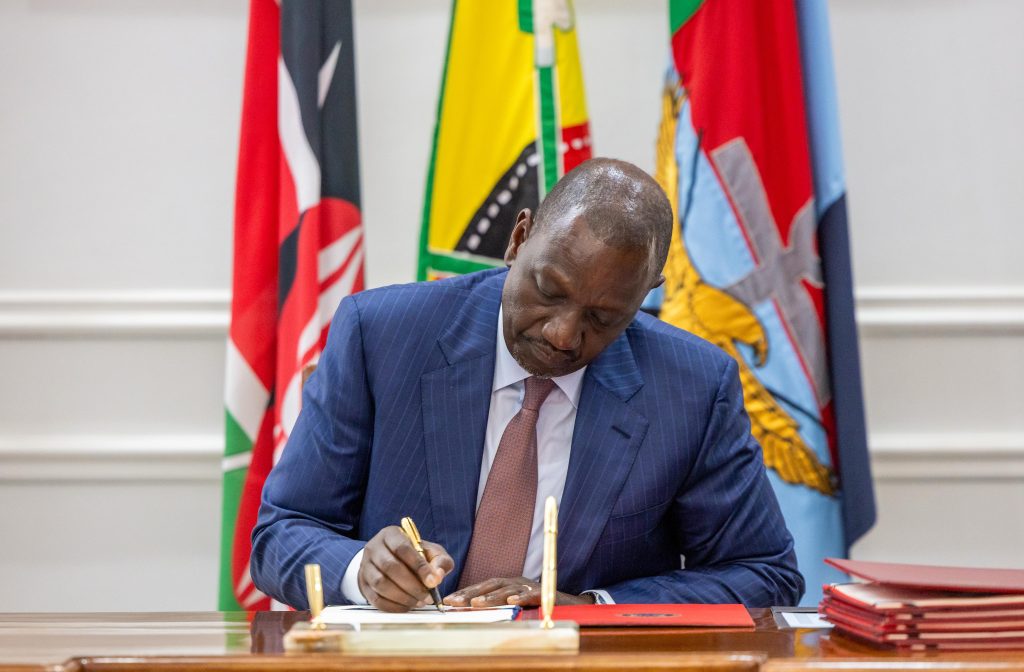
High Court Halts Ruto’s State-House Church Project After Civil Society Petition
Nairobi, August 28, 2025 – In a decisive ruling yesterday, the High Court restrained President William Ruto’s administration from constructing a permanent church within State House or any State Lodge, temporarily blocking a deeply contentious project amid growing constitutional concern.
Justice E.C. Mwita issued a conservatory order, effective immediately, forbidding the erection of any religious structure on such premises until November 18, 2025
The ruling sharply focuses the national discourse on the constitutional principle separating religion and state.
The petition was filed by renowned civil-society actors—including Transparency International Kenya, the Kenya Human Rights Commission, Inuka Kenya ni Sisi, and the Institute of Social Accountability—who argue that the State-House church infringes on Article 8, which strictly prohibits a state religion
The respondents cited include the Katiba Institute and the State Law Office
Justice Mwita underscored the gravity of the issues, noting that the petition raises “fundamental constitutional and legal questions touching on State and religion which require urgent investigation”
The court mandated expedited pleadings: seven days for responses and supplementary affidavits, with a hearing slated for November 18, 2025
The order carries a penal notice warning of legal consequences for non-compliance.
For civil-society professionals, the ruling holds significant implications. It reaffirms constitutional safeguards against religious entanglement with state institutions, fortifies public-participation norms (notably absent from the State House church planning), and signals judicial readiness to uphold secular principles even amid politically charged environments. As the matter unfolds, Kenya faces a vital moment in defining the boundary between personal faith and public authority.
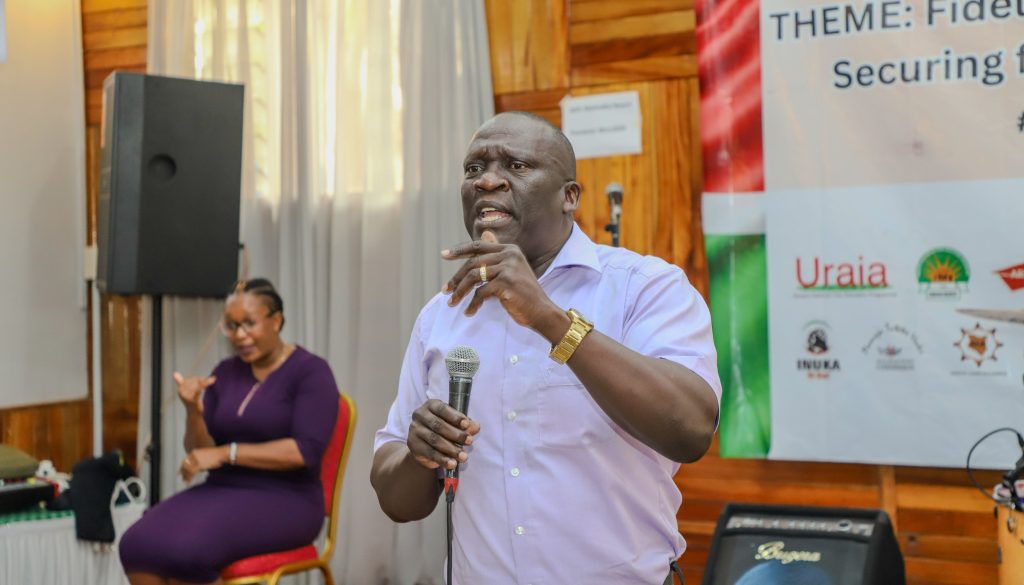
CSOs Reflect on 15 Years of Kenya’s Constitution—Achievements & Unfinished Business
Nairobi — August 27, 2025 — Civil society organizations (CSOs) convened in Nairobi to mark 15 years since the promulgation of Kenya’s 2010 Constitution. In a gathering marked by sober reflection and renewed resolve, entities such as Uraia Trust, Transparency International Kenya, Kenya Human Rights Commission (KHRC), and others reiterated a relentless call for implementation, accountability, and constitutional fidelity.
At the commemoration, Uraia Trust reaffirmed its long-standing commitment to civic education and the promotion of constitutionalism. Uraia’s programmes have fostered active citizen participation and a values-based public discourse—a role fundamental to deepening democratic engagement.
Meanwhile, Transparency International Kenya, alongside a coalition of CSOs, highlighted ongoing threats to the Constitution’s integrity. In a separate action in early May, TI-Kenya joined others in challenging Parliament’s attempts to amend the Constitution without proper transparency or a referendum law—underscoring that constitutional change must remain lawful and respectful of public interest.
KHRC used the occasion to spotlight governance failures obstructing the Constitution’s transformative potential. They cited executive overreach, weakening of devolution, and neglect of socio-economic rights—especially Article 43 rights to health, education, housing, and social security. Of particular concern was the repression of Gen Z protestors, and the piecemeal bypassing of constitutional oversight through populist frameworks such as victims’ compensation.
At the event, Katiba Institute’s Executive Director Nora Mbagathi warned that symbolic celebrations cannot obscure the reality of continued violations—ranging from police violence and disregard for court orders to weakening of independent institutions. Still, she noted that increased judicial engagement with the Constitution suggests civic awareness remains high.
Several juristic voices—including LSK President Faith Odhiambo and ICJ-Kenya’s Executive Director Erick Mukoya—lamented that the Bill of Rights still feels unfinished for many Kenyans. Odhiambo noted: “For many ordinary Kenyans, the Bill of Rights still feels like a promissory note that the state has not cashed,” referencing maternal mortality, youth unemployment, and threats to whistleblowers. Mukoya added that the legislature has become a “rubber stamp,” while independent institutions and equitable services remain undermined.
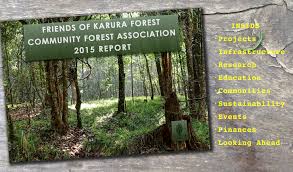
Friends of Karura Protest eCitizen Fees Amid Treasury Audit Storm
The Friends of Karura, a conservation group that has spent years protecting Nairobi’s iconic Karura Forest, are crying foul over the government’s insistence that all forest entrance fees be paid exclusively through the eCitizen platform.
The group, made up of volunteers, environmentalists, and community members, says the move threatens accessibility to the forest and undermines decades of grassroots stewardship. “Karura belongs to the people. Turning it into another line item on a digital ledger strips away the spirit of public ownership,” one supporter remarked during a weekend protest.
Their outrage taps into a bigger national controversy. Since last year, the government has consolidated nearly all payments—ranging from passports and business permits to parking fees and now forest entry—onto eCitizen. The centralisation, officials argue, is meant to streamline collections and curb leakage.
But the Auditor-General recently revealed a troubling gap: billions collected through eCitizen were not reflected in the National Treasury’s accounts. The findings triggered parliamentary queries and a chorus of concern from civil society, who fear the digital platform is becoming an opaque shadow treasury.
For conservationists, the clash over Karura Forest is about more than just entrance fees. Friends of Karura has, for 25 years, stood as a bulwark against land grabbers and developers, helping secure the forest as a rare urban sanctuary for biodiversity and recreation. To them, being forced into a disputed payment system feels like betrayal.
The government has promised reforms, but scepticism runs deep. As one protestor put it, “If money isn’t even reaching the Treasury, why should citizens trust eCitizen with Karura?”
The standoff now sits at the intersection of two national conversations: the fate of Kenya’s green lungs and the credibility of its digital revenue systems. Both, citizens say, are too important to be left in the shadows.

